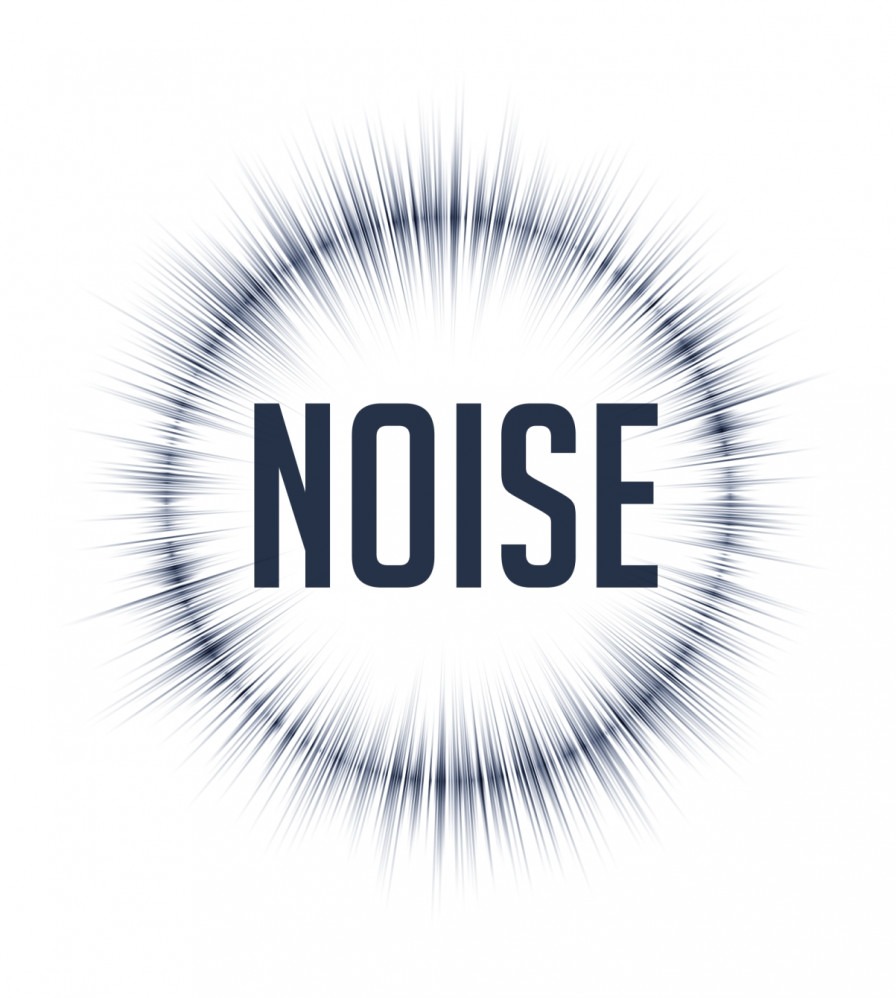Music Leadership Tips

Leadership tips for the aspiring music leader
My name is Garth and I run the Merseyside Youth Association’s Noise project. Funded by Youth Music, we provide music mentoring, artist development, targeted group sessions, gigs and pastoral support for young people aged 12-25.
A few months ago, I was asked by a partner project to talk to some aspiring young musicians about music leadership. I had no idea what they knew, or where they wanted to go, and began by jotting down some thoughts from my time in the field. These formed the basis of a Q&A session covering everything from musicianship to safeguarding - and how not to dress. Here they are for your perusal:
- Live, breathe music. Learn your favourite songs, write your own, go to gigs, start bands. Keep an open mind to different musical styles and trends – don’t ram your own likes and dislikes down other people’s throats.
- Live, breathe life. Dive in, make mistakes, reflect on them and come back stronger. Working with young people means remembering what it was like to be that age – the pressure, pain and fun of being young. (But don’t try too hard.)
- Recognise different backgrounds. Not everyone has the same support or access to things you take for granted, such as instruments, equipment, money for gigs. Some people have further to travel in terms of attitude, ability and how they cope with challenges.
- You will have to be patient at times while a young person struggles to do things you find easy, such as playing an F chord, singing in tune or counting in time. Try to remember the things you found hard when you were learning and how you got through it.
- Put yourself to one side. You are not the most important person in the room. It is easy to talk about your views, your experiences, your feelings, but they are secondary to the needs of the young person in front of you.
- Learn to listen – both as a musician and as a person. Don’t be noodling away on your guitar while someone is trying to tell you their hopes and fears.
- A music workshop is not a gig. It is not about you with your foot on the monitor, basking in applause. It is way of bringing young people together, inspiring them to achieve and helping them feel better about the world through music.
- Remember who pays your wages. As a music leader you might find yourself working for a school, youth club or arts organisation, all of whom have different boxes to tick and different things they need you to achieve.
- Oh, and don’t be late. It looks like you don’t care. And if you don’t care, why should anyone else?
- Finally, keep falling in love. Music is like any relationship, it needs time, space and attention - or it will leave you for dust.
